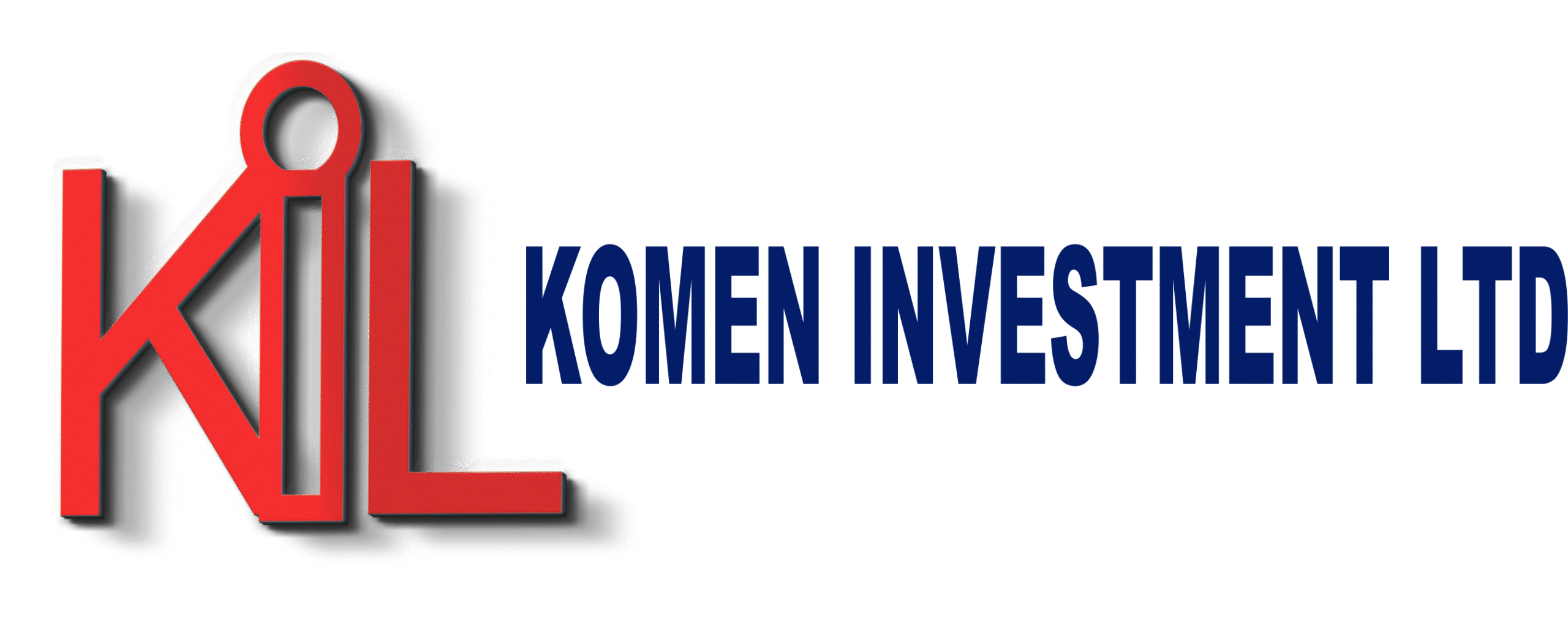
Success in the fiercely competitive field of insurance marketing frequently depends on the little things, such job organisation, strategic planning, and effective communication. As the industry continues to evolve with digital innovations, consumer demands, and diverse insurance products such as health insurance for families, cheap car insurance quotes, and insurance for small businesses, insurance marketers must adopt structured methods to stay ahead. This is where project management becomes a powerful ally. By integrating project management principles into insurance marketing campaigns, businesses can streamline operations, enhance efficiency, and improve ROI. At Komen Investments Limited, we believe that smart project management can transform the way insurance services are promoted, whether it’s pet insurance for dogs or life insurance for parents.
The Role of Project Management in Insurance Marketing
Project management refers to the application of processes, methods, skills, knowledge, and experience to achieve specific objectives. For insurance marketing campaigns, these objectives may include increasing brand awareness, generating leads for term life insurance online, or boosting conversions on affordable home insurance landing pages. By treating marketing campaigns as projects — with clear goals, timelines, budgets, and responsibilities — insurers and marketing teams can monitor performance, manage risks, and adjust strategies in real time.
The insurance market is vast and diverse. From motorcycle insurance coverage and flood insurance options to insurance for freelancers and cheap insurance for students, the customer base spans every demographic and economic tier. Without organized marketing workflows, campaigns may fall flat or target the wrong audience. Implementing project management methodologies like Agile or Kanban can ensure that campaigns remain agile, adaptable, and consistently aligned with business goals.
Setting Goals and Defining Scope in Insurance Marketing
Every marketing campaign starts with a purpose. Whether you’re trying to educate first-time buyers about insurance for first-time car buyers or attract parents searching for the best life insurance plans, defining your campaign’s scope is crucial. Project management helps define what success looks like and ensures that all stakeholders understand the scope from the outset.
Using the SMART framework (Specific, Measurable, Achievable, Relevant, Time-bound), you can create actionable goals for each insurance product. For instance, a campaign focused on short term health insurance could aim to generate 1,000 qualified leads in 30 days through Google Ads insurance keywords and insurance content marketing tips. When goals are clearly outlined, every team member knows their role, reducing inefficiencies and missed opportunities.
Team Collaboration and Role Assignment
Insurance marketing involves collaboration between content creators, designers, ad specialists, SEO strategists, and insurance agents. Effective project management ensures that all these players are aligned. At Komen Investments Limited, we’ve seen success by assigning dedicated roles for each campaign component — from email subject lines for insurance to creating mobile-friendly insurance websites.
A well-defined workflow allows each contributor to know their deadlines, deliverables, and dependencies. For example, content writers can prepare blogs around compare auto insurance rates or liability insurance for consultants while designers work on visual assets for Facebook ads for insurance. This simultaneous effort saves time and keeps the campaign momentum going.
Budget Management and Resource Allocation
Budgets are a major concern in any marketing campaign. Whether you’re promoting high-risk driver insurance or running local insurance SEO tips for insurance for real estate agents, managing resources effectively ensures your marketing spend delivers results. Project management tools can help allocate budgets across platforms, track expenditures, and forecast returns.
By leveraging analytics, insurance marketers can determine which channels — such as LinkedIn marketing for insurance or insurance email marketing ideas — offer the best cost per lead. With this data, marketers can reallocate resources to the most effective strategies, reducing waste and maximizing impact.
Timeline and Campaign Scheduling
Timeliness is key in the insurance industry. Certain policies, like travel insurance for vacations or renters insurance guide promotions, must align with seasonal demand. Project management software enables marketers to create realistic timelines and track progress in real time.
Setting campaign milestones — such as the launch of a landing page for mobile phone insurance or a webinar on insurance for small businesses — helps teams stay on schedule. Tools like Gantt charts and dashboards provide visual representations of campaign progress, helping stakeholders identify delays and keep projects on track.
Digital Marketing Integration
Modern insurance marketing is heavily digital. From SEO for insurance agents to how to sell insurance online, project management helps integrate various digital components into a cohesive strategy. A digital campaign may involve blogging about top-rated insurance companies, email newsletters for senior life insurance policies, and Google Ads promoting dental and vision insurance bundle packages.
With project management, these components are not standalone; they form a unified campaign with interlinked objectives and timelines. At Komen Investments Limited, we’ve found that managing these touchpoints under one umbrella enhances consistency, customer experience, and brand recall.
Lead Generation and Conversion Tracking
Generating leads for insurance products is the lifeblood of the industry. Project management helps structure insurance lead generation tips into actionable plans — including creating lead magnets for insurance, optimizing landing pages, and scheduling follow-ups. For example, a campaign promoting life insurance for parents could include an ebook download, followed by an automated email drip campaign managed within a project dashboard.
Tracking these leads — from the moment they interact with a local insurance marketing idea to their final purchase — becomes easier with task assignment and performance monitoring tools. This allows for fine-tuning conversion strategies and ensuring that your insurance cold calling scripts and digital touchpoints are working efficiently.
Content Creation and Optimization
Content is a pillar of insurance marketing. Whether you’re writing about private health insurance options or creating explainer videos on commercial truck insurance plans, project management ensures that content is planned, created, reviewed, and published efficiently.
A content calendar tied to a project workflow ensures that every blog post, email, and social media update is scheduled to support the overarching campaign goal. For instance, a blog on the best insurance blog topics might support an awareness campaign about dental insurance plans. Coordinating these efforts with design, SEO, and social media teams is key, and project management facilitates this cross-functional collaboration.
Social Media Campaign Management
Social media plays a critical role in reaching insurance customers. Campaigns for insurance social media campaigns need consistency, planning, and creativity. With project management, marketers can schedule content, assign creators, and monitor performance across platforms.
Planning a weekly posting calendar that highlights insurance advertising ideas, shares client testimonials, and promotes insurance for freelancers ensures you remain visible and engaging. Tools like Trello, Asana, or Monday.com can help map out the content journey from concept to post, ensuring timely execution and audience relevance.
SEO Strategy and Keyword Alignment
Search engine optimization is essential for insurance marketers. From creating landing pages around insurance for first-time car buyers to blog articles on home and auto bundle insurance, project management ensures that SEO tasks are handled systematically.
Tracking keyword research, blog optimization, technical SEO fixes, and performance metrics is easier when all elements are organized within a centralized project system. Campaigns focused on digital marketing for insurance benefit immensely from collaborative SEO workflows that track internal linking, meta updates, and site audits.
Email Marketing Coordination
Email marketing remains one of the most effective channels for nurturing leads. Campaigns for term life insurance online or insurance for students require compelling content, attractive designs, and precise segmentation. Project management tools enable marketers to assign tasks for copywriting, design, scheduling, and performance tracking.
Even writing something as specific as email subject lines for insurance benefits from a team brainstorming session managed through a project timeline. Feedback, testing, and performance reporting are all aligned under the campaign umbrella, which enhances coordination and improves open and click-through rates. With increasing competition and multiple campaign channels, automation has become necessary.
Project management plays a pivotal role in automating repetitive tasks like sending follow-up emails, posting to social media, or nurturing leads through a CRM. Campaigns promoting insurance for real estate agents or mobile phone insurance can be optimized with pre-set workflows, reducing manual effort and increasing campaign velocity. Platforms like HubSpot, Zoho CRM, or Salesforce can integrate with project tools to deliver seamless marketing automation, aligning perfectly with campaign objectives, timelines, and stakeholder responsibilities.
Performance Analysis and Reporting
A marketing campaign is only as effective as the insights it delivers. After promoting compare auto insurance rates or cheap car insurance quotes, it’s critical to analyze what worked and what didn’t. Project management software often includes performance tracking features, making it easier to collect metrics, share reports, and inform future strategy.
Whether it’s improving your insurance landing page ideas or testing Facebook ads for insurance, consistent performance evaluation ensures that your marketing evolves with data, not guesswork. Teams can conduct retrospectives, update processes, and set new goals — all within the project management framework.
Business Development Secrets For Project-Based Financial Services
Conclusion
Insurance marketing is no longer a game of chance — it’s a science of strategy, creativity, and execution. With products ranging from senior life insurance policies and flood insurance options to short term health insurance and insurance for consultants, marketers must juggle multiple campaigns, goals, and stakeholders. Project management transforms this complexity into clarity.
At Komen Investments Limited, we’ve seen firsthand how project management can enhance lead generation, streamline execution, and boost returns in the competitive insurance market. From managing content calendars for top-rated insurance companies to coordinating PPC campaigns for high-risk driver insurance, project-based workflows enable sustainable growth and scalable marketing.
Whether you’re just starting with how to build an insurance website or refining LinkedIn marketing for insurance, integrating project management into your process can mean the difference between mediocre outreach and high-converting campaigns. Embrace it now, and watch your insurance marketing soar.





[…] How To Use Project Management In Insurance Marketing Campaigns […]